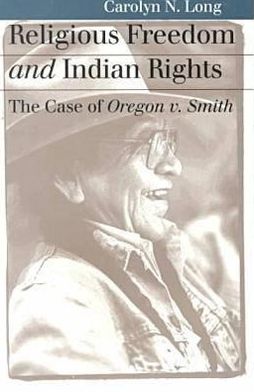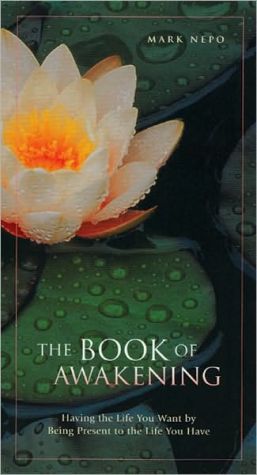Religious Freedom and Indian Rights: The Case of Oregon v. Smith
The Supreme Court's controversial decision in Oregon v. Smith sharply departed from previous expansive readings of the First Amendment's religious freedom clause and ignited a firestorm of protest from legal scholars, religious groups, legislators, and Native Americans. Carolyn Long provides the first book-length analysis of Smith and shows why it continues to resonate so deeply in the American psyche.\ In 1983, Klamath Indian Alfred Smith and his co-worker Galen Black were fired as...
Search in google:
"Carolyn Long nimbly analyzes the jumbled issues of religion, Native American rights, drug use, state authority, and congressional activism to produce an arresting analysis of one of the Supreme Court's landmark cases of modern religious liberty."—Kermit Hall, author of The Magic Mirror: Law in American History "What makes this excellent book especially gripping is its human dimension: the actual people—and their networks of associations, including the Native American churches—behind the litigation."—Sanford Levinson, author of Constitutional Faith "A superbly researched and carefully crafted history."—John R. Wunder, editor of Native Americans and the Law Booknews In 1983, two Klamath Indians were fired from their positions as drug rehabilitation counselors for their use of peyote in a Native American Church ceremony. When the state of Oregon denied them unemployment benefits Alfred Smith and his co-worker claimed this was an infringement on their religious freedom and filed a lawsuit. This book covers the landmark case that followed, a case which worked its way all the way to the United States Supreme Court and back to the state level, gathering public interest and support as it did. Through interviews with Smith and his family, lawyers, judges and congressional and interest group, Long (Washington State U.) explores the peyote ceremonies, the conflicting government goals in this First Amendment case and its continuing implications. Annotation c. Book News, Inc., Portland, OR (booknews.com)
Editors' Preface Acknowledgements Prologue 1. The Peyote Road 2. God v. Caesar 3. Religion and the Court 4. "Thou shalt not ration justice" 5. The Oregon Battle 6. An Appeal to the High Court 7. Employment Division of Oregon v. Smith: Back to Oregon 8. A Difference in Perspective 9. Employment Division v. Smith II: The Court Comes Full Circle 10. Many Rivers to Cross 11. Congress Responds to the Court 12. "An endlessly renewed educational conversation" Epilogue Chronology Bilbliographical Essay Index
\ BooknewsIn 1983, two Klamath Indians were fired from their positions as drug rehabilitation counselors for their use of peyote in a Native American Church ceremony. When the state of Oregon denied them unemployment benefits Alfred Smith and his co-worker claimed this was an infringement on their religious freedom and filed a lawsuit. This book covers the landmark case that followed, a case which worked its way all the way to the United States Supreme Court and back to the state level, gathering public interest and support as it did. Through interviews with Smith and his family, lawyers, judges and congressional and interest group, Long (Washington State U.) explores the peyote ceremonies, the conflicting government goals in this First Amendment case and its continuing implications. Annotation c. Book News, Inc., Portland, OR (booknews.com)\ \








